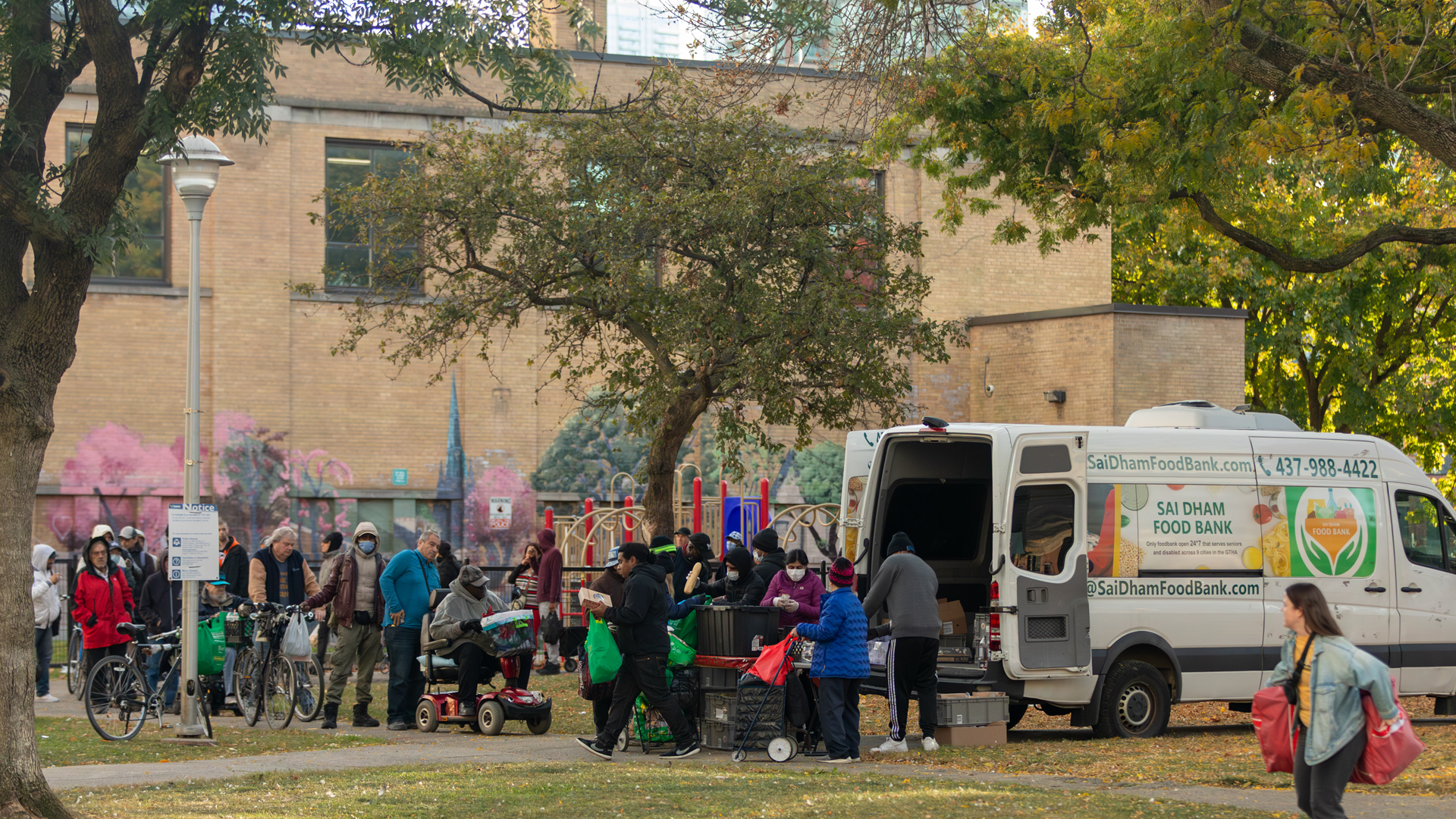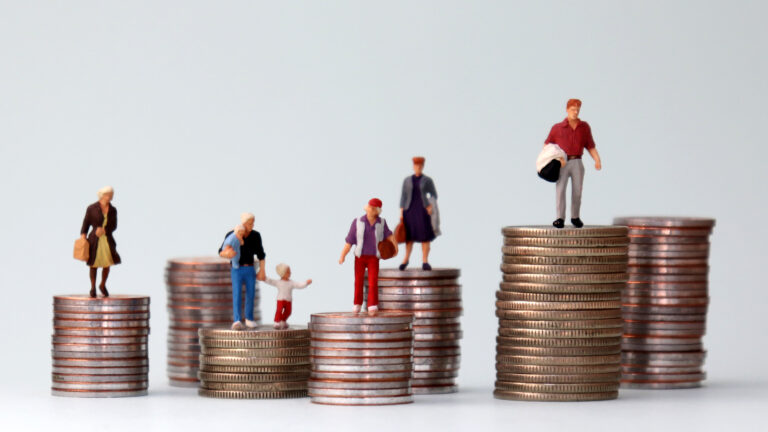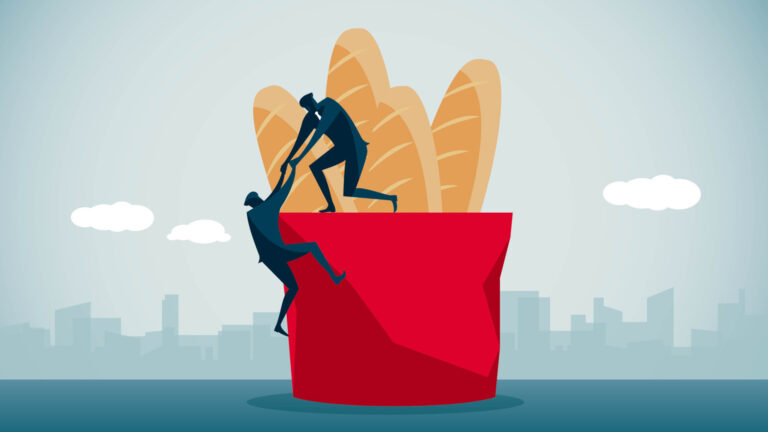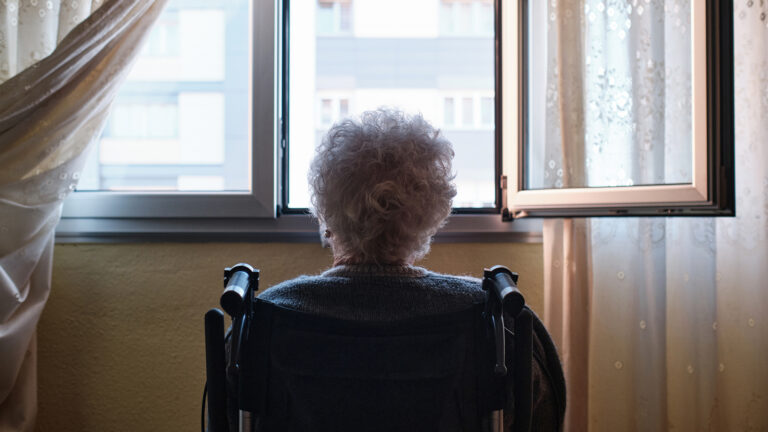We live in one of the wealthiest countries in the world, yet at least 10 million Canadians struggle to put food on the table. Hunger is a quiet, gnawing anxiety that threads its way through every facet of life. The pause before declining a social invitation. The invisible arithmetic at the grocery store. The daily compromises, big and small, and the hidden shame that takes a heavy toll.
But beyond the day-to-day sacrifices, food insecurity erodes the ability to fully participate in civic life and in the democratic decisions that shape how we live together.
Blame is often misplaced. Food insecurity continues to be framed as a personal failing or a temporary crisis solved by charity. In reality, low wages are the main driver of food insecurity in more than half of affected households. People are working multiple jobs but still can’t cover their bills and afford enough food. The punishing cost of housing and jobs that don’t pay enough has a lot to do with going hungry.
Food insecurity is poverty by another name. It stems from a labour market that fails to share its wealth as well as government policies that are not keeping pace with people’s needs. It harms health, limits opportunities and entrenches racial inequities.
We need stronger federal income security programs, greater funding for Indigenous food systems, improved access and increases to existing social support payments (employment insurance, guaranteed income supplement, and disability and child benefits) and new programs like a groceries and essentials benefit.
Perhaps a less obvious but equally important point: Food insecurity also threatens the fabric of our democracy. What if we recognized it not only as a moral, economic and public health imperative but a democratic one?
Why food insecurity threatens democracy
A democracy can be thought of as a living organism in which health depends on the active participation of its citizens. Civic engagement is how individuals bring democracy to life through their actions and a shared sense of purpose. While voter turnout is one obvious measure, it takes many forms — from advocacy and organizing to volunteering and public dialogue.
Yet not everyone has the same opportunity to participate. Chronic poverty and food insecurity drain time, energy and mental bandwidth needed to engage in civic life. It weakens the very foundation of our democratic society. Hunger is a form of disempowerment and inequality only deepens the disconnect.
Low-income and food-insecure households often experience the starkest divide between political rhetoric and reality. As trust in institutions erodes, so does social cohesion — and, with it, democracy itself. A 2020 study found that Canada’s sharp rise in income inequality during the 1990s coincided with the steepest decline in federal voter turnout, a reminder that dividing social classes along economic lines diminishes democratic participation. If governments cannot be trusted to guarantee something as fundamental as food, why should they be trusted at all?
Historical and international experiences remind us of what’s at stake. Rapid inequality and food crises have destabilized societies before — from the French Revolution to the Arab Spring. Canada is not immune. Today, debates over the rising cost of living, economic threats from the United States, the uneven pace of post-COVID recovery and the unfulfilled promises of Indigenous reconciliation all highlight the fragility of our social fabric. Evidence from different countries suggests that those who invest in robust social safety nets and public access to basic necessities consistently see higher levels of public trust and civic engagement, including voter turnout.
Communities historically sidelined from democratic life — particularly along lines of race, gender and other identities — face higher rates of poverty and food insecurity. For example, Indigenous and Black households face higher rates of food insecurity and are disproportionately affected by severe cases, which have grown much faster than marginal and moderate levels. In other words, deep hunger is expanding in Canada.
Addressing food insecurity in racialized communities is not only about meeting basic material needs; it’s about dismantling racial disparities that weaken full and equal participation in democratic life.
Strengthening our social safety net — including income security, pharmacare, dental care and child care — is not just a policy choice, but a democratic essential. Economic well-being is not a luxury. It’s a precondition for meaningful civic participation. Social policy, in other words, is a test of democratic legitimacy.
The civic value of food systems
Producing and providing food can actively foster civic engagement. Community food centres, co-ops, gardens and local food initiatives are places where people practise democracy in its most tangible form. They help cultivate dialogue, negotiation and collective decision-making skills, while also building trust among diverse people.
Research on community food centres shows these spaces reduce isolation, create leadership opportunities and foster political literacy among people often excluded from formal decisions. They are models for meaningful influence at the neighbourhood scale and invite people’s input into our democracy.
Government support plays a decisive role in sustaining these democratic spaces. The federal Local Food Infrastructure Fund, for example, has helped strengthen community food security by providing money to groups to provide and increase availability of food. It shows potential to increase participation if more widely targeted and expanded. Public investment in local food projects delivers social and democratic dividends. But without ongoing and expanded funding, these gains remain precarious.
A national plan to end food insecurity in Canada is within reach
Indigenous food sovereignty is a critical dimension. Hunting, fishing and gathering are not only cultural lifelines but practices of self-determination rooted in land and rights. Returning decision-making power over land and food to Indigenous governments is important. An example is the agreement between the Líl̓wat and N’Quatqua Nations with the British Columbia government to close Joffre Lakes, a popular hiking destination, during harvest season, which has ensured protection of traditional practices. This broadens whose governance is recognized and respected — an essential act of reconciliation — and expands civic engagement.
Food security as democratic investment
Treating food security as a pro-democracy issue changes how we think about policy. Creating a society in which every Canadian has the income needed to thrive is not just poverty relief. When people can live with dignity, they are better able to participate in civic life and trust the institutions that govern them.
Democracy is more than ballots. It rests on a shared belief that we each have a stake in one another’s well being. That belief frays when inequality and hunger go unaddressed. Redistributing wealth through strong income programs is not only about justice. It’s how we repair our social fabric and restore confidence in public institutions.
When governments guarantee essentials like food, housing and health care, they send the powerful message that everyone belongs. Ending hunger, in this light, is not only a compassionate choice. It’s a democratic one. This makes budgetary choices deeply political.
Every line item, tax cut and loophole signal who is empowered to participate in public life. In this sense, income and support programs should not be seen as “social spending” but as democratic investments. At a time of rising authoritarianism and polarization, both abroad and at home, safeguarding democracy requires more than defending the ballot box. It requires building the material conditions that make participation possible for everyone.
Democracy aspires to every person’s voice carrying equal weight. Canada falls short of that ideal. The answer is not to give up on our democratic project, but to strengthen it. One of the most direct ways to do this is by tackling the conditions that drive inequality and exclusion. Democracy thrives when everyone can afford enough food on the table.











